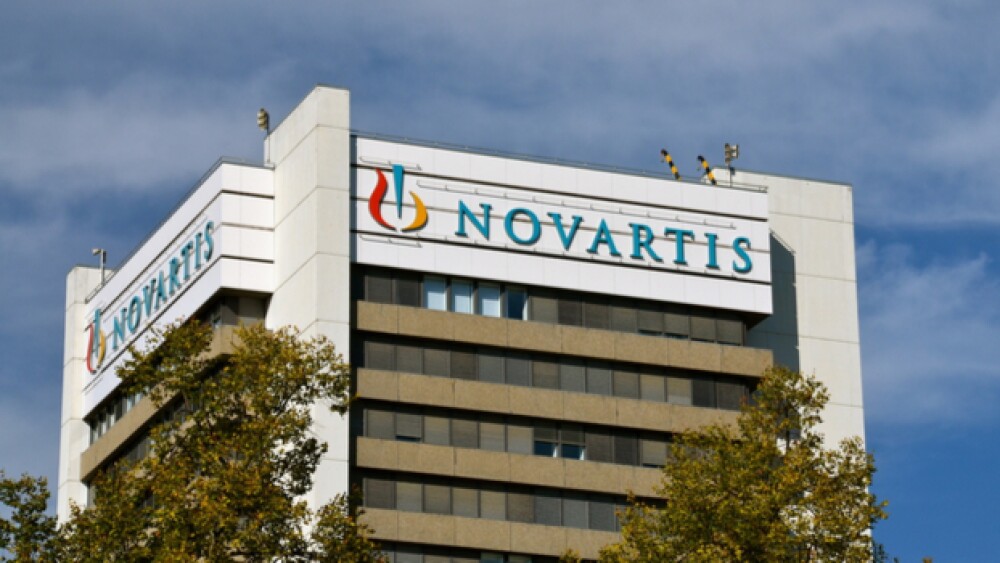Novartis and Oxford will use artificial intelligence and advanced analytics to identify early predictors of inflammatory diseases.
lucarista / Shutterstock.com
Prior to taking over the reins of Novartis, Vasant Narasimhan stressed the importance of harnessing of digital technology as a key method of saving a significant percentage of clinical trial costs. It was an idea where Narasimhan saw a significant opportunity for growth.
Narasimhan said he viewed the future of Novartis as both a medicines and data science company. To bolster that, he forged a partnership with Medidata Solutions to support clinical trials and commercialization programs. Then, in 2018, he struck a deal with Shyft Analytics, a company acquired by Medidata, to harness that company’s Intelligent Platform for Life Sciences to “aggregate and manage” third-party and proprietary commercial data sources.
Narasimhan isn’t done with digital technology. This morning, the Swiss pharma giant announced a five-year collaboration with Oxford University and that august institution’s Big Data Institute. The goal of the partnership is to establish a world-leading research alliance that will improve drug development by making it more efficient and more targeted. Novartis and Oxford University will use artificial intelligence and advanced analytics to “transform how ultra large and multiple datasets are analyzed, combined and interpreted to identify early predictors of patient responses to treatments for inflammatory diseases, such as multiple sclerosis (MS) and psoriasis.”
Oxford and Novartis will use anonymous data from about 5 million patients from the United Kingdom and partner organizations from across the globe. They will combine that data with other anonymized data captured from relevant Novartis clinical trials. Then, using statistical machine learning technology from Oxford’s Big Data Institute, Oxford and Novartis expect to predict how patients will respond to existing and new medicines.
Initially, the partnership between the two will focus on gaining scientific insights in multiple sclerosis (MS), dermatology and rheumatology.
Additionally, the company and academic institution believe that the development of an innovative IT environment and AI technology will help in the identification of patterns in data, particularly those across multiple data sources and types (imaging, genomics, clinical and biological), which cannot be detected by humans alone. Novartis and the BDI will also identify unprecedented insights into the characteristics of specific, complex diseases to understand what drives disease progression, and understand any commonalities between diseases.
John Tsai, head of Global Drug Development and Chief Medical Officer at Novartis, said the work with Oxford’s Big Data Institute will change how they look at disease and discover new insights. He said the partnership has the potential to transform the future design of clinical development programs in the future.
“This partnership with the BDI is aligned with the UK’s Life Sciences Industrial Strategy and offers the opportunity to expand our understanding and capabilities in data science at scale. As a leading medicines company driven by data and digital, Novartis expects the collaboration with the BDI to enhance its capabilities in data science and analytics.” Mark Toms, chief scientific officer of Novartis UK, said in a statement.
Gil McVean, director of Oxford’s Big Data Institute, said the collaboration will enable both groups to transform the scale and efficiency of clinical research at an unprecedented rate through the sharing of data, technology, and advanced analytics expertise.





